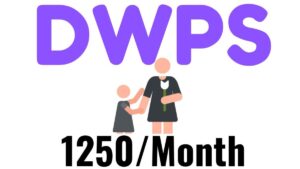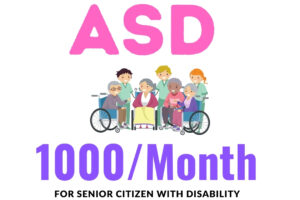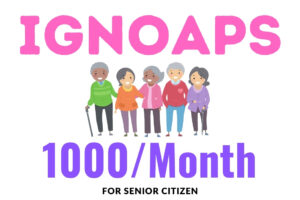Government welfare schemes play a crucial role in addressing social and economic inequalities by providing support and assistance to vulnerable and marginalized sections of society. These schemes are designed to ensure that basic needs such as healthcare, education, housing, and financial security are met for all citizens. The objectives of government welfare programs vary, but they generally aim to promote inclusivity, reduce poverty, and enhance the overall well-being of the population.
One significant area where governments worldwide focus their welfare efforts is healthcare. Various countries implement schemes to provide affordable or free medical services, medicines, and health insurance to citizens, especially those with low income or facing specific health challenges. This helps in improving overall public health and reducing the financial burden on individuals during times of illness.
Education is another critical sector targeted by government welfare initiatives. Programs such as scholarships, free or subsidized school meals, and financial aid aim to ensure that every child has access to quality education, regardless of their socio-economic background. This not only promotes equality but also contributes to the development of a skilled and educated workforce, fostering economic growth.
Housing is a fundamental aspect of a person’s well-being, and many governments implement schemes to provide affordable housing options for low-income families. These initiatives contribute to the reduction of homelessness and create stable living environments, positively impacting individuals’ quality of life.
Financial assistance programs, such as unemployment benefits, social security, and direct cash transfers, are implemented to provide a safety net for individuals facing economic hardships. These schemes aim to alleviate poverty, reduce inequality, and ensure that no one is left without basic financial support during challenging times.
Moreover, government welfare schemes often target specific demographic groups, such as senior citizens, persons with disabilities, and single parents, recognizing their unique needs and vulnerabilities. These targeted interventions contribute to a more inclusive and compassionate society.
While government welfare schemes are vital for social development, their effectiveness depends on proper implementation, transparency, and continuous evaluation. Regular monitoring and adaptation of these programs are necessary to address emerging challenges and ensure that the intended benefits reach those who need them the most. Overall, well-designed and well-executed welfare schemes contribute significantly to building a more equitable and resilient society.




